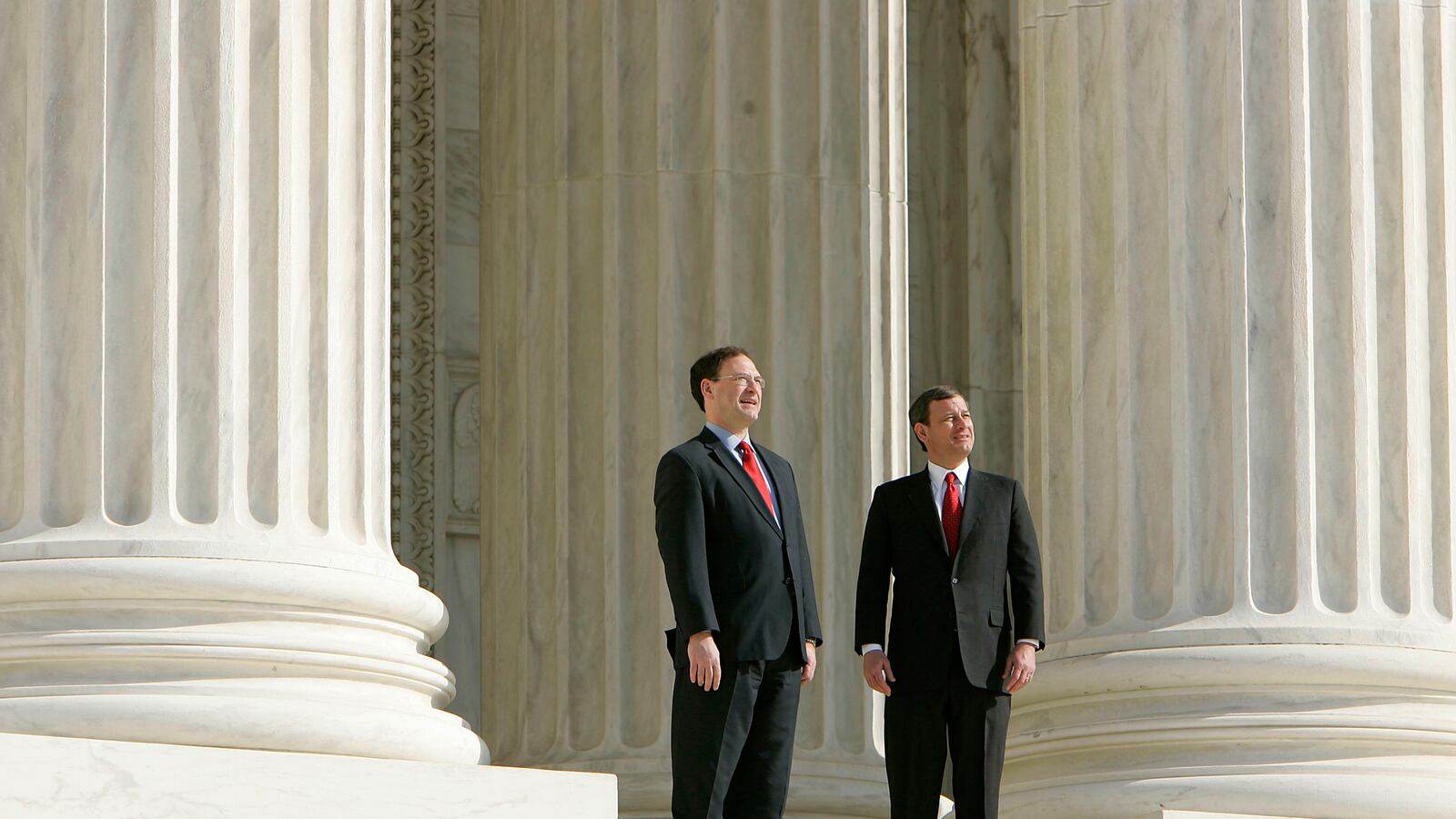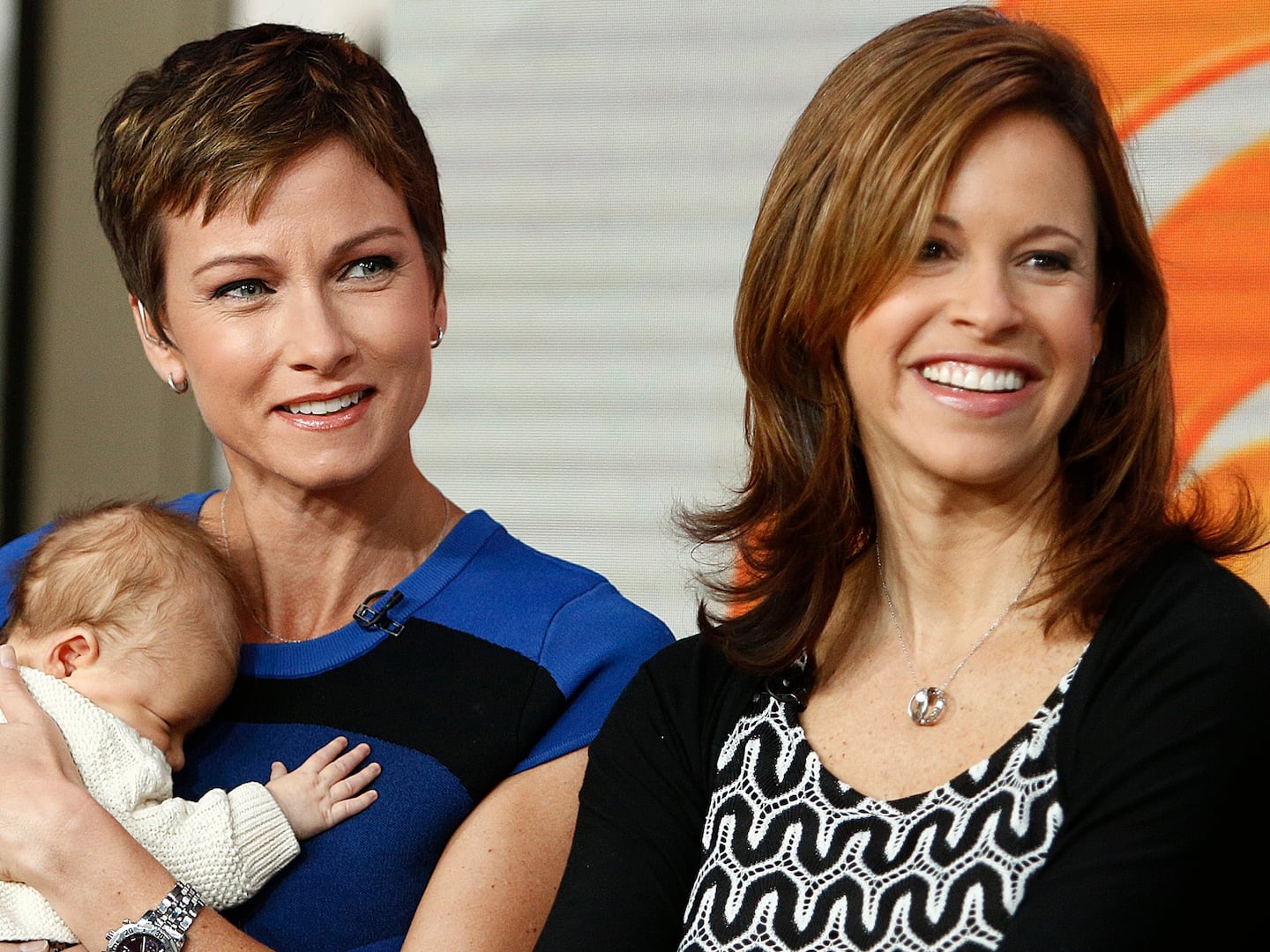Today’s Hobby Lobby ruling may be a setback, in the long run, to the conservative crusade for “religious liberty.”
As much media coverage has discussed, at issue in Hobby Lobby was the Affordable Care Act’s mandate that all employers include contraceptive coverage in their ACA-mandated health plans. Three small businesses objected on religious grounds, and in a 5-4 vote, the Supreme Court ruled in their favor.
But in all that hullabaloo, commentators have overlooked a critical piece of Supreme Court dogma that may prove to be the undoing of conservative religious liberty activists: that the court will not inquire into religious claims.
Early on in Justice Alito’s opinion for the court, he says of the plaintiffs, the Green and Hahn families, that “according to their religious beliefs the four contraceptive methods at issue are abortifacients.”
Let’s parse that sentence. “The four contraceptive methods at issue are abortofacients.” That should be a statement of fact, not faith. Either these pills cause abortions, or they don’t. Yet Justice Alito—himself a devout Catholic—says that this fact may be determined based on “religious beliefs.”
If I believe the sun revolves around the Earth, is that now a disputable fact? According to Justice Alito, yes. If I have a religious belief that it does, then it doesn’t matter that it doesn’t.
The Hobby Lobby plaintiffs make a second “religious” claim as well: that providing insurance coverage makes one morally culpable for how it is used. Remember, Hobby Lobby isn’t doling out birth control pills; it was being required to offer insurance coverage of contraceptives that someone else might later use.
Surely, the moral responsibility for that use lies with the person who uses it, correct? Are gun stores morally responsible for someone’s decision to shoot? The NRA certainly thinks not. Is McDonald’s morally responsible for someone’s decision to overeat? So why would Hobby Lobby be morally responsible for someone’s decision to use (or not use) a suite of insurance coverage they provide?
Justice Alito specifically refutes these questions later in his opinion. He writes:
The Hahns and Greens believe that providing the coverage demanded bythe HHS regulations is connected to the destruction of anembryo in a way that is sufficient to make it immoral forthem to provide the coverage. This belief implicates adifficult and important question of religion and moralphilosophy, namely, the circumstances under which it iswrong for a person to perform an act that is innocent initself but that has the effect of enabling or facilitating thecommission of an immoral act by another.
Justice Alito angrily dismisses the notion that there can be a “binding national answer to this religious and philosophical question.” Thus, if the Hahns and Greens say that it’s so, it’s so.
Now, let’s play this one out. Suppose I have a sincere religious belief that if I stop at a stop sign, God kills a kitten. Or, slightly more seriously, suppose I have a sincere religious belief that if I let gay people stay at my hotel, they might have gay sex. If the Supreme Court never inquires into the reasonableness of my religious belief, then I shouldn’t have to obey traffic laws, nondiscrimination laws, et cetera—or, more precisely, the government has to go through all kinds of legal hoops to make me obey.
Of course, the beliefs in Hobby Lobby were ones with which Justice Alito is himself personally familiar. These plaintiffs are complaining about contraception—and when that didn’t fly politically, they recast it as a complaint about “abortofacients.” So they may have seemed reasonable enough to him. But as Justice Ginsberg pointed out in dissent, their causal nexus is so thin as to be basically nonexistent. I can be responsible for anything.
Thus, as Justice Ginsberg also writes, in holding that Hobby Lobby is entitled to its own factual universe, in which contraceptives cause abortion and providing insurance is the same as using it, the Court has opened the door to any number of wild religious claims.
And we don’t have to make up fun pseudo-religions to imagine them. I remember thinking, with some amusement, about my family’s conservative friends who bought bed linens off my partner’s and my wedding registry. Did they think about what the sheets would be used for, I wonder?
Well, under Hobby Lobby’s imaginative causal nexus, they morally responsible for it. Thus photographers, bakers, hotel owners, restaurateurs, and retailers of any kind can object to “facilitating” gay weddings, or interracial ones, or interfaith ones. Maybe Hobby Lobby can ban gays from its registry.
Moreover, with an increasingly multi-religious America, subsequent claims may not be as beloved to conservatives as this one. May pious Muslims ban immodestly dressed women, or all women for that matter, from their company’s stores? May they refuse to hire women as employees?
Or, as Justice Ginsberg noted, how about corporations owned by people who are religiously barred from blood transfusions (Jehovah’s Witnesses), antidepressants (Scientologists), and vaccinations (Christian Scientists)? On its face, Hobby Lobby says it’s not about those cases. But its logic certainly applies: If I believe that vaccinations are morally wrong, my company should not have to provide coverage for them.
To be sure, Justice Alito did not make this judicial doctrine up. Affirming the legitimate religious beliefs of Native Americans, Voudou practitioners, Jehovah’s Witnesses, and even Presbyterians, the Court has long refrained from evaluating which religious beliefs are valid and which are not.
But Hobby Lobby has taken it to its logical extreme, and in so doing, threatened its very foundation. This doctrine cannot hold, especially now that third parties can be affected by someone’s religious preferences—unlike earlier cases, which were usually about religious dissent that harmed no one. The result will have to be a limitation of the doctrine itself.
And when that happens, as it inevitably must, Hobby Lobby’s victory may prove to be a pyrrhic one.






